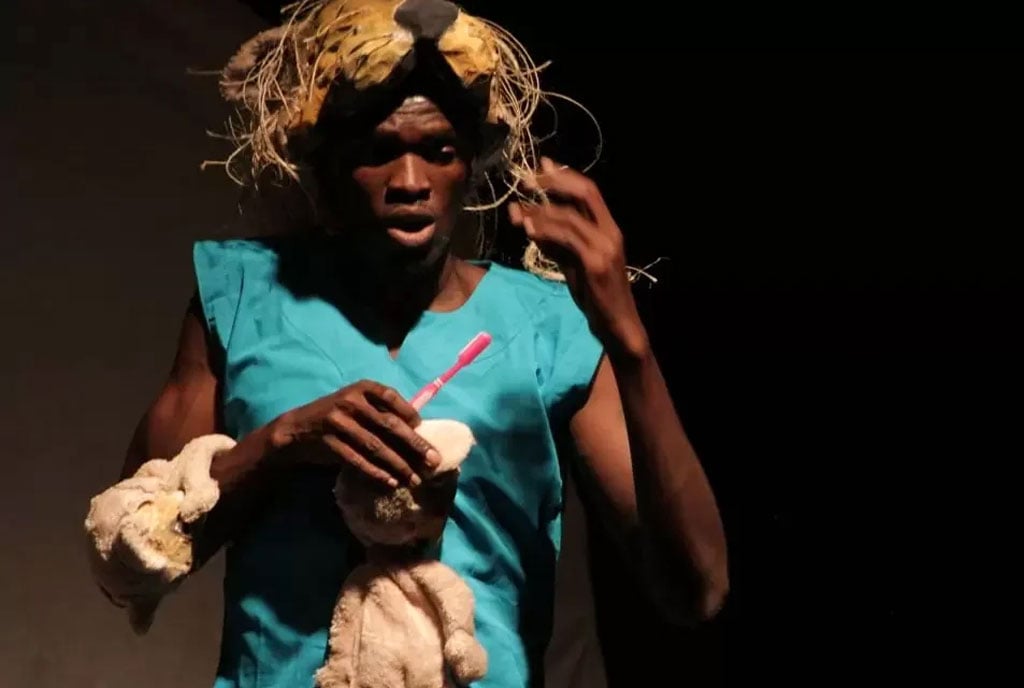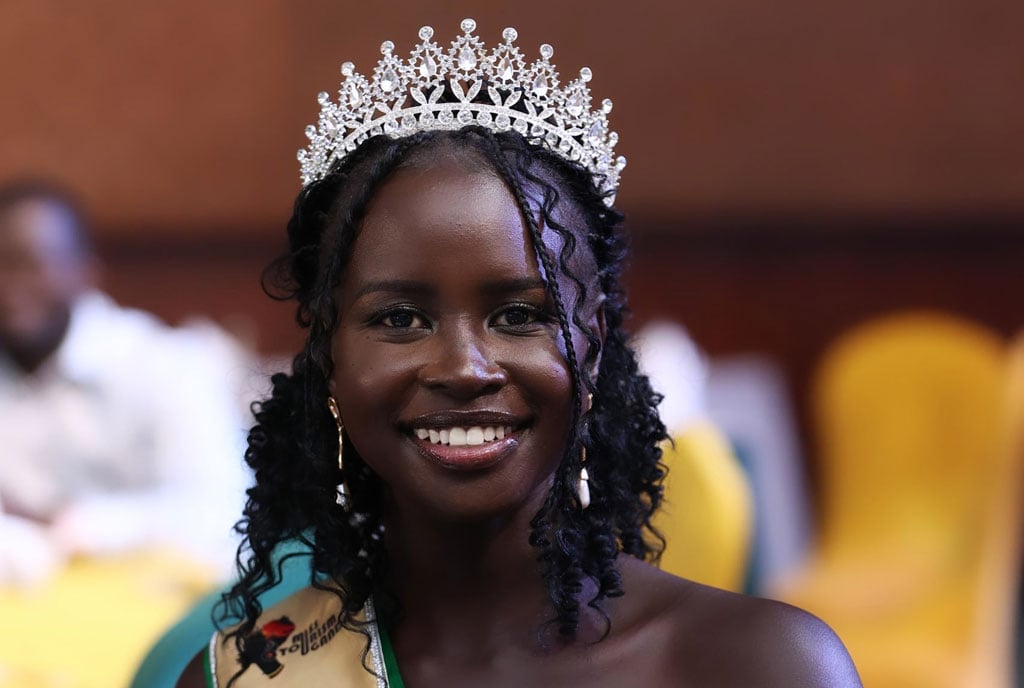
Alternative entertainment options like cinema, television, bars, and the internet pose a threat to it. Most people today have more reasons not to go to the bar, yet they will still have fun and interact with different people.
Whether it is Europe or the Americas, people who care about theatre as an art are trying to understand what really went wrong and how they can help it get back on its feet.
Uganda is not any different.
Institutes and individuals have discussed the fate of theatre and how things got so bad; in fact, it was the reason Mariam Ndagire started organising the Theatre and Performing Arts Festival in 2022.
The festival took place at Bat Valley Theatre, holding a number of panel discussions and about five productions a day.
Big on the panels’ agenda was getting theatre out of limbo, a topic that seems to be showing up at all theatre related events for the past five years.
Many issues have presented in these discussions, plus the elements that have driven people away over the years. One of the issues that keeps coming up is the fact that theatres failed to adapt to the changing times, not changing their winning formulas.
For instance, Bat Valley Theatre was the home of Afri-Talent, which drew a lot on the popular faces of Abbey Mukiibi, Ruth Kalibala, Mariam Ndagire, and John Segawa, among others. When alternative forms of entertainment, such as music, started digging into their starbase, utilising them as actors in music videos and later inviting them to reprise the roles on stage, theatre was losing ground without noticing it.
Besides that, though, neither Bat Valley, Theatre Labonita, nor National Theatre have an online payment system or online presence to begin with.
Last week, Uganda’s theatre season probably kicked off with Mariam Ndagire’s Theatre and Performance Arts Festival at the Bat Valley Theatre. With a series of workshops and performances, there is also an element of competition.
With the theatre competition, different drama groups put together short productions that are later judged, and a winner is chosen.
Then there is the Kampala International Theatre Festival, held for the past 10 years; the festival will be seeing off the eleventh edition later this month.
Known as KITF by many, the festival brings together art and theatre enthusiasts from Uganda and other countries to celebrate the art.
Besides workshops, the festival brings together playwrights and directors who exhibit both works in traditional theatre and experiment with new forms.
For instance, last year, one of the productions was a mixed media production with sound and video, while some, like George Bwanika Seremba’s Come Good Rain, had a one-man narration.
With Kampala Theatre, Art, and Performance Festival out of the way, it paves way for KITF on November 20-24, but also paves way for more theatre action.
From Theatre Labonita to TLC in Kamwokya, theatre will be active at least for the next three weeks with productions and conferences spread across the city.
However, even when it looks like the season is open, how long theatre will continue thriving on stage is a story we can wait to unfold.




